(AfroGamers.com) I enjoy the Lord of the Rings films and they’re one of my favorites to rewatch. There is more to catch up as far as film and TV are concerned and I still must re-read the books, but I’ve always enjoyed the franchise. If there’s a LOTR game, I’m going to play it. A film just came out? I’m going to watch it eventually. What impresses me the most about J.R.R Tolkien’s work is the degree of world building which really bolsters the franchise’s lore.
It’s something he’s always been applauded for because it’s one of the works that heavily influenced fantasy literature, games, and television going forward. One doesn’t simply decide to do fantasy.
Hell, one doesn’t simply decide to write fiction but if you’re going to do it, a lot planning is in order and depending on the genre, you’ll need to use that imagination, play God, and create some history, landscapes—a whole planet maybe—what else? Oh, you’ll need a lot characters, maybe some politics, definitely cultures, wars—a lot goes into world building but that’s the beauty of lore, right?
All of this stuff that writers think of is incomplete to some degree. That’s because the worlds that are created are so vast and often feature so many people and cultures, there’s no way things just end where the story ends. There will always be room for more adventures, opportunities to follow new characters, new challenges, mysteries, threats, and changes to the world.
In reality, no fantasy or sci-fi series should truly end. Most should eventually be moved on to a protege if the creator wants to move on but since these are living, ever-changing worlds that writers create—where is the actual end? Sure, a character’s story might end but that’s just them. That’s the end of a particular franchise.

Tying It All Together
Without knowing it, a series automatically spawns a franchise just by introducing some characters and letting others live on. Beyond the character, the world itself spawns a franchise because we’re just focusing on this particular story.
It’s why Star Trek and Star Wars are great franchises. You’d think these were stories told over centuries but only a few series are told far from the modern day of the franchise. Actually, the entries would all fall within decades going by the pivot events in each franchise. The events of The Next Generation and Deep Space Nine occurred in the same timeline and at the same time, for instance.
Things that occurred in The Original Series and its films impacted TNG, DS9, and Voyager. Having a tight timeline goes a long way in solidifying your world building and introducing characters. Without it, you get some willy-nilly stuff where characters and events are constantly retconned—like DC and Marvel’s stuff after the big summer storyline seems like a great idea.
Until a new team of writers comes in, look at what they’re working off of, and whip out the red pen. Remember, writers, game developers, artists—they’re all fans of this stuff too. A lot of the work by future, younger writers and teams is professional fanfiction to a degree—if they were fans of the character they get to write.
Fans would know the ins and outs of a character and have their own ideas of shaping that character going forward. Their ideas might build on the lore, but changes and adjustments will be made. It’s why Peter Parker hovers between being a broke college student in the super science field who lives off pictures of himself and a cutting-edge researcher.
Someone comes in and decides either “Peter is a grown ass man and it’s time for him to move on in life” or “Everyone liked Peter when he was down horrendous and staying with his aunt.”
Staff Writer; M. Swift
This talented writer is also a podcast host, and comic book fan who loves all things old school. One may also find him on Twitter at; metalswift.


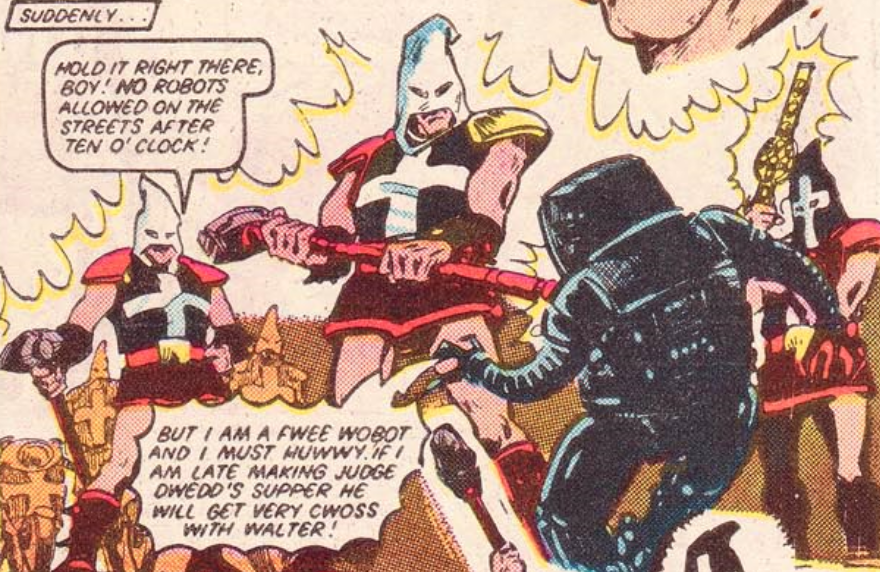




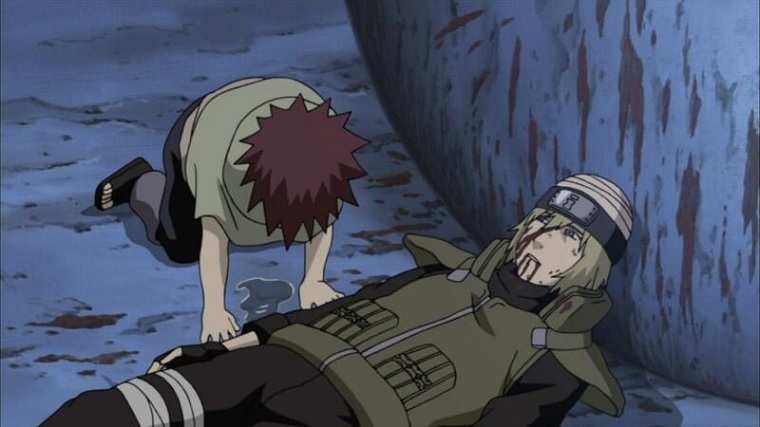

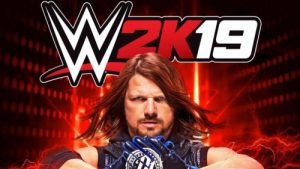
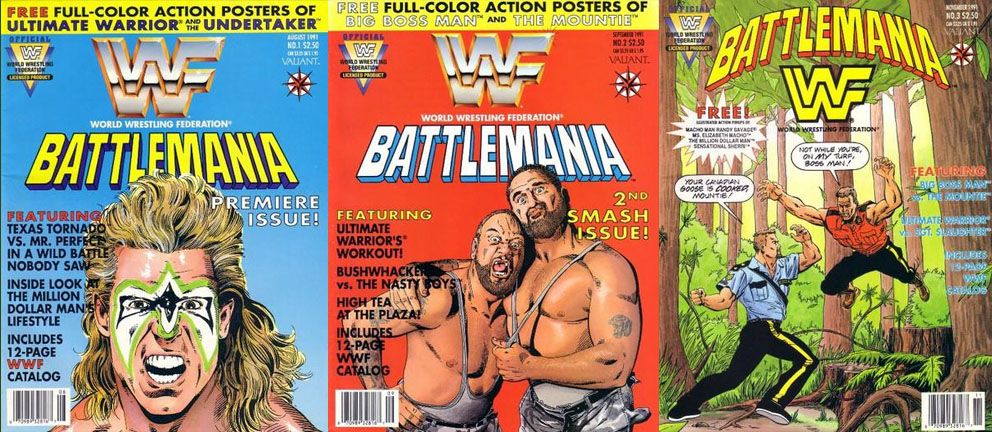

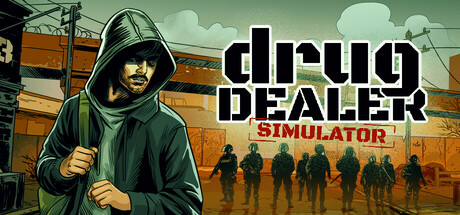
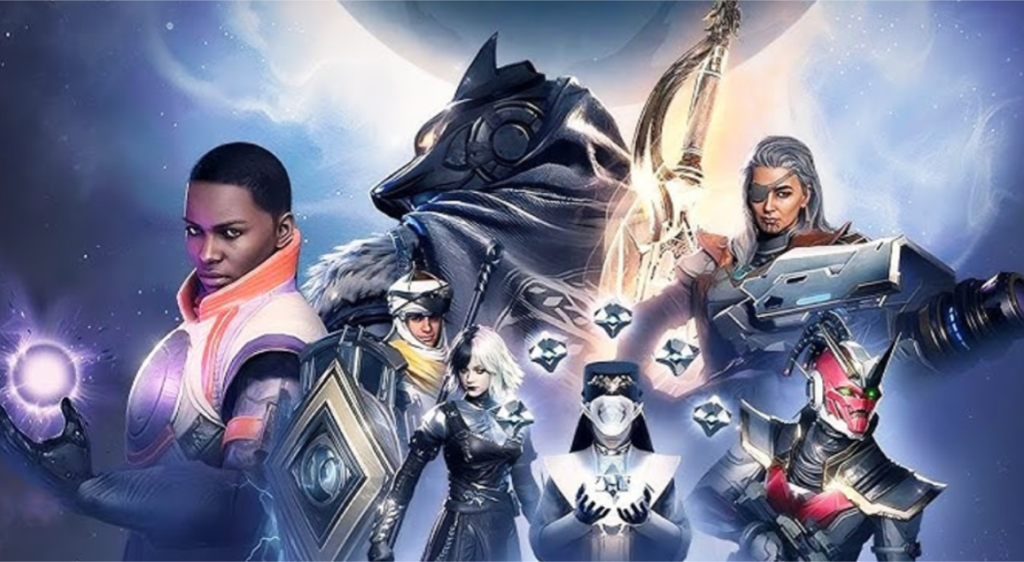
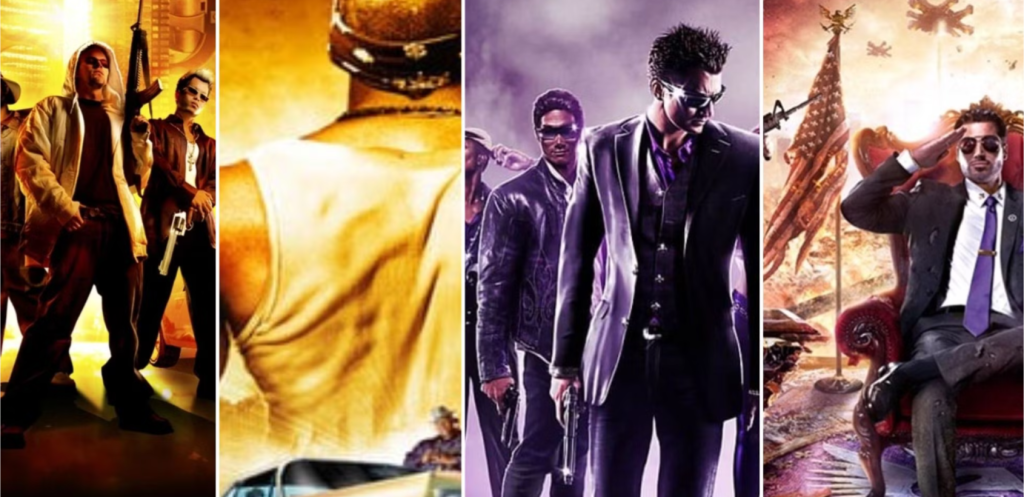

Leave a Reply